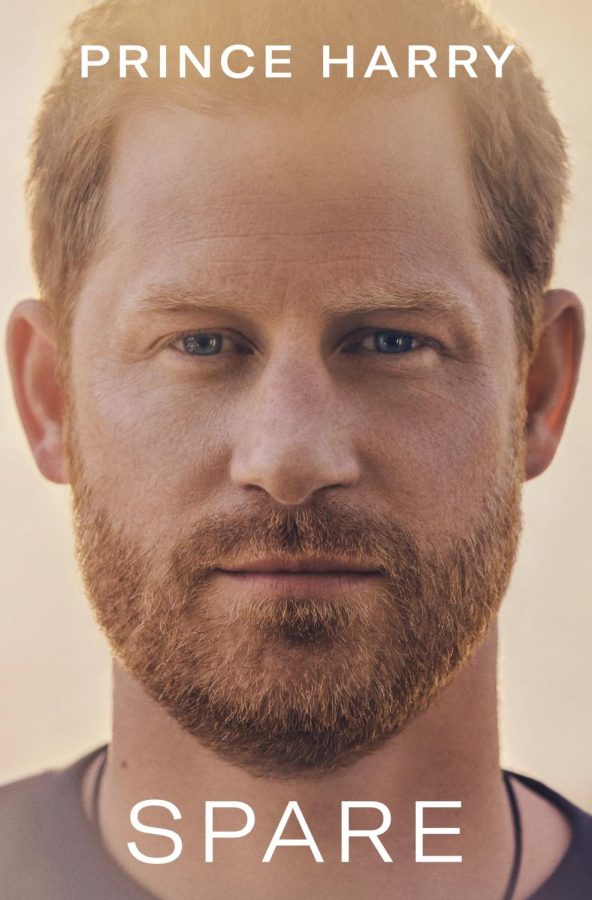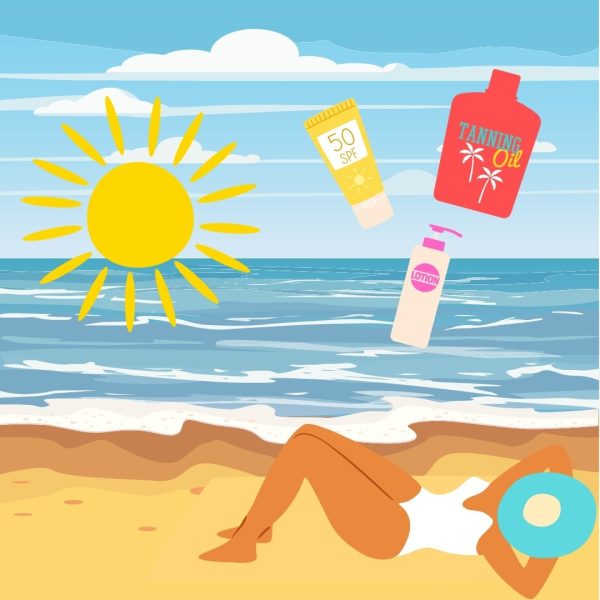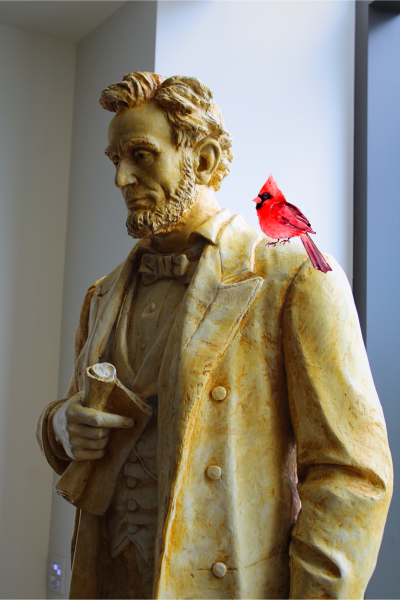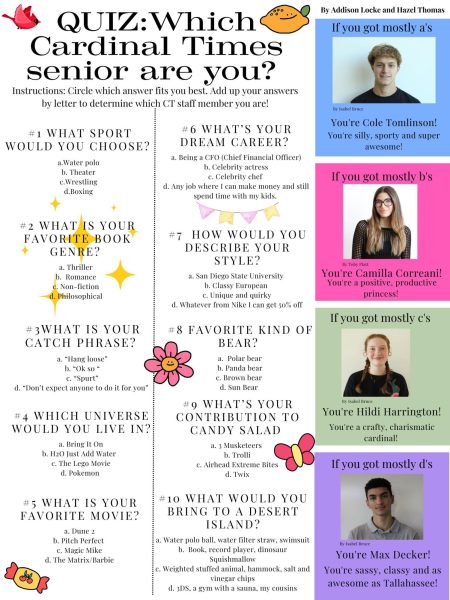Review: “Spare” by Prince Harry
Prince Harry released his memoir “Spare” on Jan. 10. The memoir comes three years after Harry and his wife Meghan, the Duke and Duchess of Sussex, announced their intention to step back from being senior members of the royal family.
Towards the beginning of Prince Harry’s new memoir “Spare,” he expresses his love for John Steinbeck’s “Of Mice and Men.” The focus of his affection is primarily on its length, as he describes it as, “a brisk 150 pages.” After reading the memoir, I wish Harry followed Steinbeck’s model. The inflated 400 page autobiography details the Duke of Sussex’s life from age 13 to 37, and manages to be incredibly monotonous the entire time.
You might expect a “tell-all” exposé about a member of the royal family to be interesting, but Harry manages to primarily focus on the most boring parts of his life. He plays to the common royal narrative that they really are just like everyone else. Unfortunately, it’s hard to relate to Harry’s failing grades or family scoldings when they are happening at Eton or in Balmoral Castle. To Harry’s credit, he does not deliver on the royal family gossip everyone seems to want. The personal details he does share do not feel particularly vindictive. Most of the book focuses more heavily on the press and paparazzi than any grievances within the royal family. However, even when straying away from familial drama, much of the information he provides is deeply personal, making a sometimes very uncomfortable, albeit slightly entertaining, reading experience. Between detailing the loss of his virginity to the hallucinations he experienced while on psychedelic mushrooms, many chapters made me regret picking up the book at all.
Like many of the stories Harry chooses to tell, the writing in the memoir is exceptionally bland. Despite focusing heavily on deeply emotional things—the death of his mother, his time in the army, and his marriage to Meghan, the Duchess of Sussex—the writing feels disconnected from Harry’s emotions. When Harry’s feelings are included, they feel artificial and like an afterthought, usually confined to the last sentence of the chapter. Consequently, the more interesting parts of the book are brought down by a feeling of lifelessness. Most people described in the memoir come across as stereotypical, including the portrait he paints of himself, as a very kind—but also terribly unfortunate—spare. In places he could have taken accountability—like when describing the aftermath of leaked photos of him in a Nazi costume—he doubles down in trying to prove his good nature. In the two pages he spends talking about the incident, he focuses more heavily on how he was affected by the bad press coverage than the horrible act itself.
If you’re an enthusiastic viewer of “The Crown” or the type of person who wakes up at 3 am to watch royal weddings, you might enjoy this book. It’s interesting enough for the little details about King Charles’ quirks or Prince William’s pre-wedding jitters. If you don’t care about the royals, don’t be fooled, the life of a Prince is not actually very interesting—don’t waste your time.














